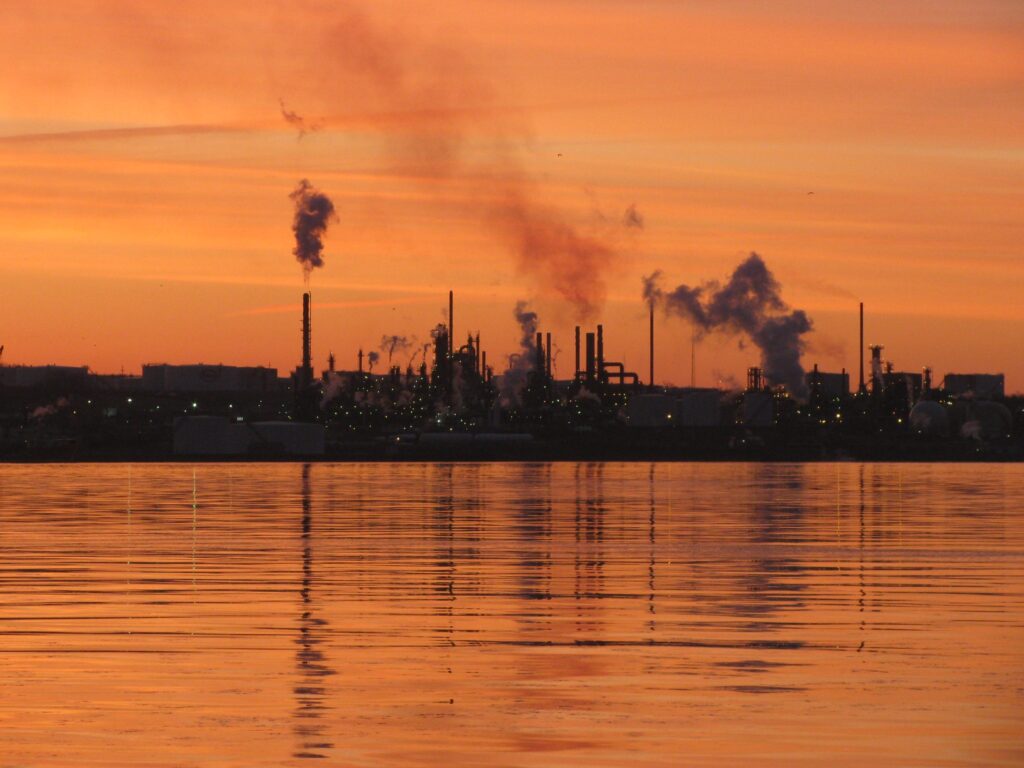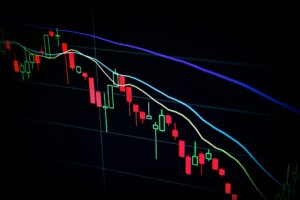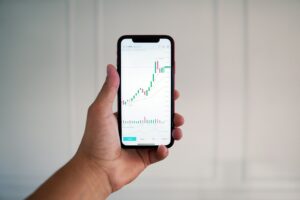
| The price of gas has been an immense talking point over the last year or so, and for good reason. Last June, oil prices hit an impressive high of over $105 a barrel. Inflation, mixed with supply chain issues due to the Russo-Ukrainian war, have led to these large spikes in price, putting tremendous stress on western economies. While these oil prices have lowered since their June high, Americans still find themselves struggling to fill up their gas tank, all while some of the top oil companies accumulate record profit. Despite these short-term successes however, the oil industry is betting against itself for the foreseeable future. Rather than investing in new oil prospects or refineries to boost revenue and income, oil companies are putting their money into stock buybacks and dividends, which only monetarily attracts public investors. By injecting money into their stock’s appeal and increasing its demand, the oil companies intend to boost the value of their falling stock price. The fossil fuels industry has been struggling, between ethical investing and the shift towards greener sources of energy. As an article from Bloomberg states, “Global investment in new oil and gas supplies already [are] expected to fall short of the minimum needed to keep up with demand”. This new trend in “pumping the stock” seems to be a last ditch effort to save investors money in the short term before the inevitable death of the fossil fuel industry. However, while the sun may be setting on fossil fuels, it is likely that these trends will continue well into the next decade, marking a slow and gradual death of the industry. |
Complex Terms:
- Supply Chain – Everything involved with producing and manufacturing the product or service that a company sells.
- Ethical Investing – the practice of using one’s ethical principles as the primary filter for the selection of investments
- Dividend – Money paid out regularly by a company to its shareholders out of its profit
- Stock buyback – when a public company uses cash to buy its own stock on the open market, often leading to a price increase of said stock








Be First to Comment